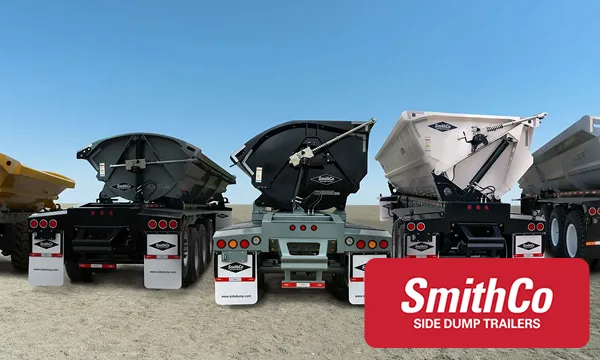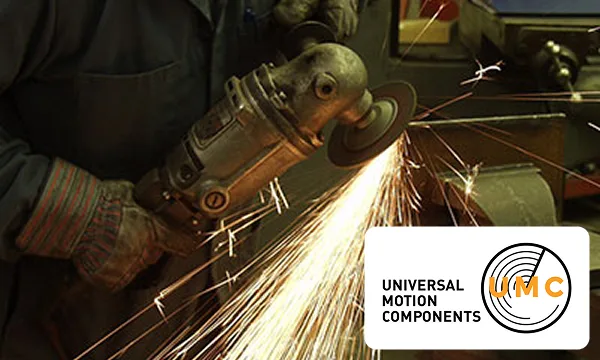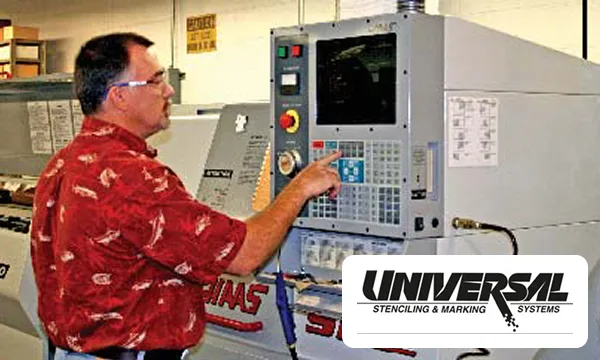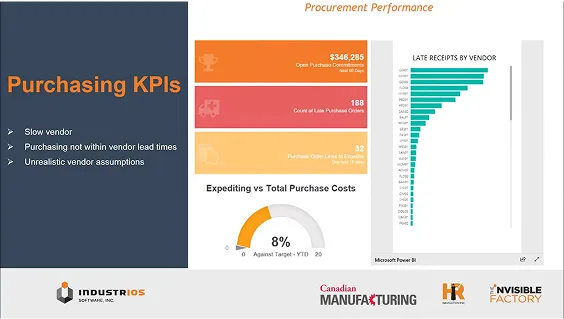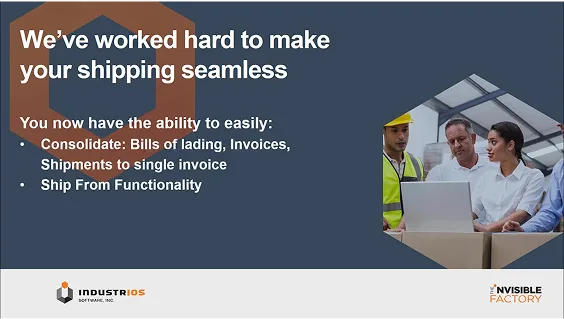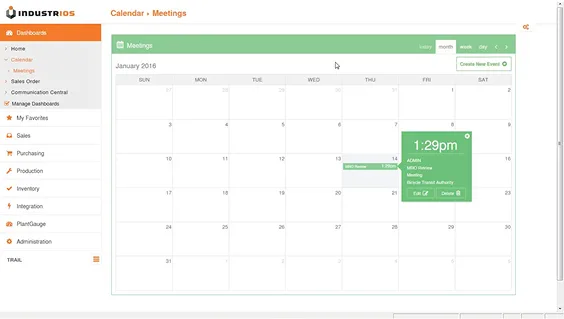Costs in Make-to-Order Manufacturing: 9 Essential Types to Track
Make-to-order manufacturing costs can quietly erode profits if not tracked carefully. Are labor, material, and overhead costs quietly eroding your Make-to-Order (MTO) profits? Tracking the right costs in make-to-order manufacturing is critical to protecting margins and staying competitive. When manufacturers understand financial drivers across planning, production, and post-production, they can improve efficiency, make informed pricing decisions, and adapt quickly to market shifts.

Key Takeaways in MTO
- Tracking material, labor, and overhead costs is crucial for maintaining efficiency and profitability in MTO manufacturing.
- Employing cost analysis methods like job costing and variance analysis helps identify areas for cost control and improvement.
- Accurate cost tracking enables better pricing decisions, resource optimization, and faster adaptation to change.
- Effective management of post-production costs, such as returns and repairs, enhances customer satisfaction and prevents profit erosion.
Understanding Make-to-Order Manufacturing
Make-to-Order (MTO) manufacturing is a production strategy where items are created only after receiving confirmed customer orders. This approach minimizes excess inventory and ensures customized products, but it also introduces unique financial challenges. Careful monitoring of costs in make-to-order manufacturing helps businesses remain efficient while offering competitive pricing.
The Importance of Accurate Cost Tracking
Accurate cost tracking is essential in Make-to-Order manufacturing. It enables:
- Better pricing decisions.
- Resource optimization.
- Identification of cost-reduction opportunities.
For comprehensive solutions, INDUSTRIOS ERP helps manufacturers gain real-time visibility into costs, improving both efficiency and profitability.
Three Key Costs in MTO Manufacturing
Each stage of MTO manufacturing — planning, production, and post-production — carries financial considerations. By pinpointing these costs, manufacturers can streamline processes, cut waste, and protect profitability.
1. MTO Planning Phase Costs
Material Costs
Material costs include raw materials and components. In Make-To-Order manufacturing, it’s important to calculate landed costs — purchase price, transportation, duties, and currency exchange rates. Keeping accurate records helps reduce waste and procurement risks. Learn more about Landed Cost Calculation.
Labor Costs
Labor costs cover wages, overtime, and bonuses for production teams. In MTO, labor often overlaps across multiple projects, making accurate time-tracking essential. Efficient labor management ensures resources are used effectively without inflating costs.
Overhead Costs
Overhead includes manufacturing expenses like utilities and depreciation, as well as administrative costs such as salaries and office supplies. While indirect, these costs significantly influence profitability.
2. Production Phase Costs
Setup and Changeover Costs
Frequent equipment changes to meet varying customer specs add significant costs. Reducing changeover time can improve efficiency.
Machine Operation Costs
Operating costs include energy consumption and maintenance. Regular upkeep lowers costs and prevents costly breakdowns.
Quality Control Costs
Quality control involves inspections, defect management, and rework. A strong QC process prevents waste and ensures consistent quality.
Waste and Scrap Costs
Scrap and waste management directly affect production costs. Strategies that reduce waste strengthen margins.
Compliance and Regulatory Costs in
Compliance ensures adherence to industry standards. ISO Manufacturing Standards help reduce risks, avoid penalties, and maintain trust.
3. Post-Production MTO Manufacturing Costs
Returns and Repairs
Handling returns and warranty repairs adds to manufacturing costs. Effective processes prevent profit erosion and protect customer relationships.
Defect and Rework Costs
Defects create costly rework. Strong quality assurance during production reduces these risks.
Types of Cost Analyses in Make-To-Order Manufacturing
- Types of Cost Analyses in MTO Manufacturing
- Job Costing: Tracks expenses for each order, helping identify profitable jobs.
- Standard Costing & Variance Analysis: Compares actual vs. expected costs to identify improvement opportunities.
- Target & Marginal Cost Analysis: Supports competitive pricing and production decisions.
- Overhead Rate & Profitability Analysis: Allocates overhead accurately and highlights profitable segments.
- Capacity Utilization & Make-or-Buy Analysis: Helps decide between in-house vs. outsourcing.
- Cost Estimation: Uses historical data to set accurate bids and competitive pricing.
Final Thoughts
Monitoring the full range of costs in make-to-order manufacturing is crucial for sustainable profitability. By carefully managing material, labor, overhead, production, and post-production expenses, manufacturers can strengthen their operations, improve efficiency, and remain competitive.
INDUSTRIOS ERP provides manufacturers with real-time visibility and analytics to simplify cost tracking, optimize operations, and improve decision-making. [Request a Demo] to learn how INDUSTRIOS can help you master your MTO cost management strategy.






